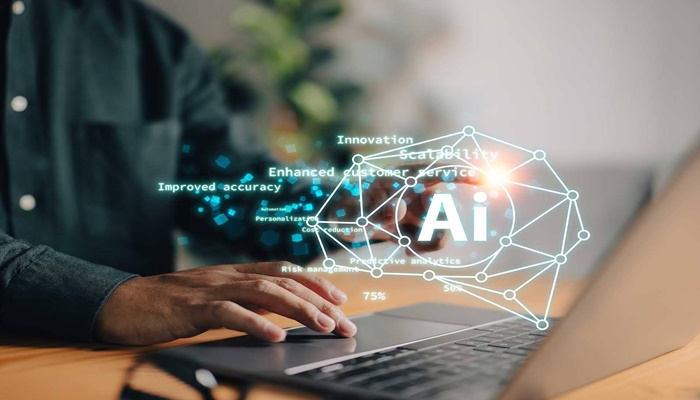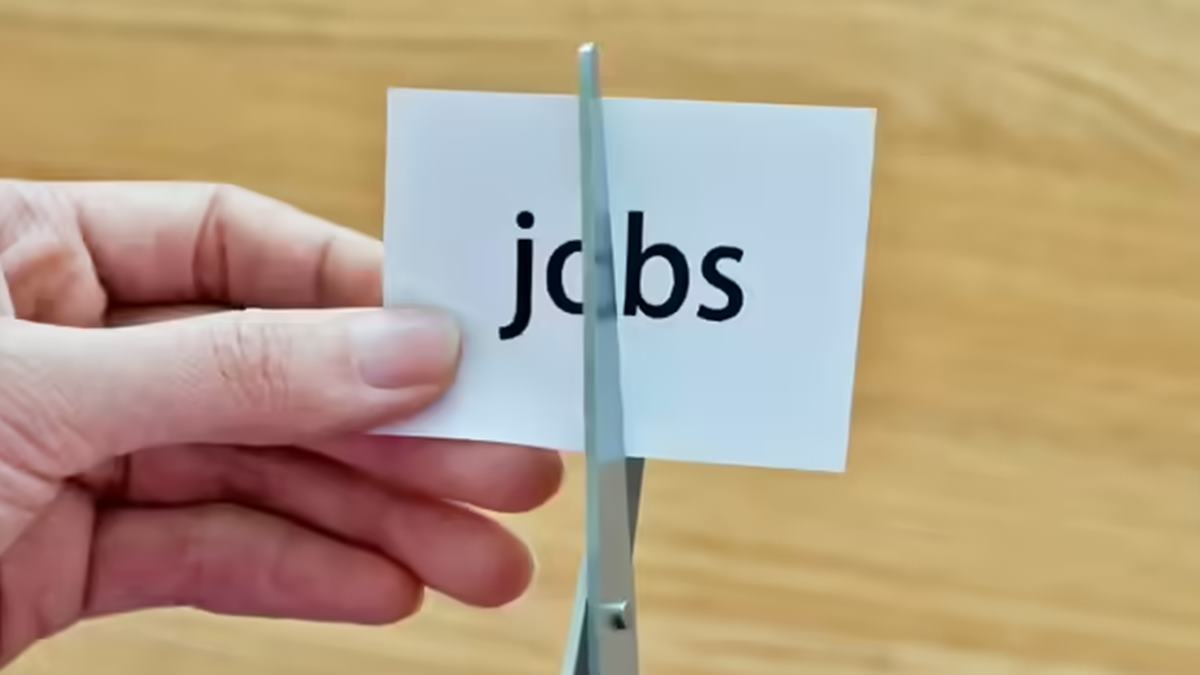The workplace is evolving faster than ever — defined by technology, sustainability, and new ways of collaboration. Employers are no longer seeking just academic excellence but evidence of active learning, resilience, and creative problem-solving. Virtual reality, hybrid workspaces, and global connections are reshaping how people communicate and contribute.
To remain relevant, institutions must reimagine how they prepare students — shifting from rote learning to skill-based education that values curiosity, flexibility, and global exposure. Resume readiness for the next generation of jobs will depend not only on what students know, but on how they learn, adapt, and create meaningful impact in a constantly changing world.
Evidence of being an Active Learner & Problem Solver
Active learners are engaged learners. Students who approach learning with a sense of purpose, exploration, and co-creation would, in all probability, have a better problem-solving approach. Students’ ability to do pre- and post-work, and flair for details, enhance competencies much respected and demanded by the world of work.
Decent Academic Records and Achievements
Academic records and achievements are highly respected by the world of work. However, the academic success records need to correlate with the knowledge demonstrated by the students. In a rote-learning environment, it is highly unlikely that the academic degree would reflect the actual competencies and knowledge. This is where students have to incur additional costs to build knowledge and competencies from the open market.
High-Quality Internship and Hands-on Learning
Internship is a good way to acquire practical knowledge. It brings relevance to the classroom, enabling students to relate learning with the real world. The avenues of internship in the post-COVID world have expanded in scope, and it is available in both online and offline modes.
Record of High-Impact Participation in Internal and External Events
Event participation is a wonderful way of indirect learning.
The resume of students, at the end of the day, must provide evidence of active participation in academic and non-academic events. This reflects leadership quality, agility, and, more importantly, learning-by-doing.
Imprints of Learning in National, International Environment
Exposure to an international learning environment is priceless. Students who prefer to join exchange programs, study visits, etc., are able to develop an inclusive worldview. Sharing experiences of learning in an international environment would count much in the world of work. Institutions where students move out and visit places, industries, and top institutions go on to make a lot of difference in their outlook and hence employability.
Evidence of Acceptability and Understanding of Diversity, Inclusion, Gender, and Sustainability
In a highly globalized world, graduates have to be ready to work in a multilingual, multicultural, and multi-ethnic workplace. It is important that institutions adopt diversity and inclusion as important competency goals. Orienting towards fairness and equity, towards gender and sustainability issues, is of great significance.
Records of Micro-Credits Earned
Micro-credits can be earned by joining online courses and learning modules. These micro-credits are valuable in filling the essential employability gap. In addition, these self-paced learning modules demonstrate the learning aptitude of graduates.
Evidence of Impact-Making and Creative Pursuits
The learners of today and tomorrow would make more sense when they become change agents and are instrumental in solving problems faced by society. Working with NGOs, taking up some social cause, championing an idea, creating strong advocacy, and so on are some examples of impact-making. Gaining knowledge and skill is input. Knowledge and skill making a student employable and a worthy graduate is an output. However, such graduates going out there and becoming change-makers and problem solvers is an outcome.
Consideration for Curriculum & Pedagogy
We have long prepared students for work by teaching them the fundamentals of the subject area and the particulars of their specialization areas. Nevertheless, the future of work will also require the 21st-century competencies of critical thinking, agility, and resilience. We must help students master the transferable skills they will be able to use in any setting, while also giving them the tools to understand a world that is in constant flux.
Among other things, we will have to add new courses on suitable topics. At the same time, we will need to change our students’ mental “software,” the way they think about and interact with the world, and make them active learners.
The academic fraternity can no longer restrict their teaching to the current state of theories. Instead, we must develop stronger connections with policymakers, work more closely with think tanks, and move from merely referring to textbooks to align with new thought processes and people.
Unfortunately, teaching methods have not seen as many changes as needed to catch up with the changing times. Compared with the West, the Indian teaching method is still heavily loaded towards the system of lecturing. The lecture method of teaching is bristling with difficulties, and it makes students passive learners rather than creating a pool of active learners.
It is based more on what a teacher knows rather than what the students know or want to know. Methods such as co-creation, independent studies, project-based learning, collaborative learning, etc., still do not figure as much as they should have. Pedagogy is a matter of serious concern, and it needs to change faster than the curriculum itself.
Preparing students to face the challenges of the future workplace and be ready to embrace change would require subtle changes in curriculum and pedagogy. Institutions that fail to learn the lessons for change will, for sure, fail to make any mark. The author is Director of Jaipuria Institute of Management.




















